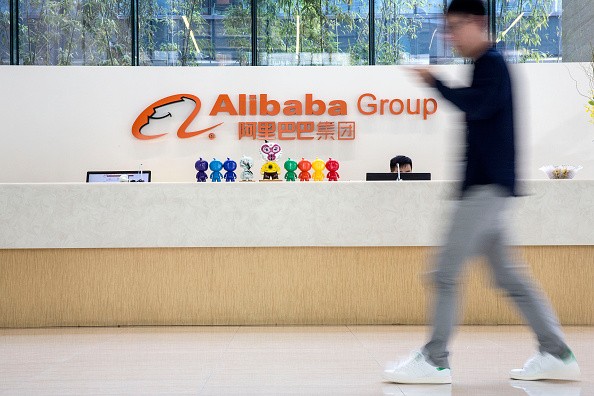Alibaba has recently announced plans to invest about $305 million in a discount supermarket in China, the Sanjang Shopping Club Ltd, which gives China's e-commerce giant a 32-percent share in the offline retailer.
According to Forbes, Sanjang, also known as the Chinese "Sam's Club," manages about 160 stores in Zhejiang Province.
As "pure e-commerce players" are expected to encounter challenges in the long term, Alibaba wants to transform the retail industry by integrating offline and online shopping, which is part of the company's long-term strategy.
According to the report, Alibaba is pouring its money into brick and mortar supermarket as part of its long-term objective to merge offline and online retail. This is one of the reasons Alibaba invested in Sanjang: to have access to the company's offline retail network and be able to work to achieve this vision.
Another reason, Alibaba sees integration of offline and online business as the future of the retail industry, knowing that a pure e-commerce model will not work alone to sustain long-term growth. Hence, having an offline store would complement what they have online.
Alibaba's rival, Amazon, is planning to set up convenience stores and open about 2,000 Amazon Fresh grocery stores in the U.S. in the next ten years. The U.S. company has also reportedly opened its physical book stores.
In January this year, Alibaba opened its first offline store for imported goods in the city of Tianjin, which is its first venture into offline retailing.
Online grocery shopping is projected to grow in the future and this could also be the reason for Amazon's increased focus on groceries retailing.
A study conducted by Morgan Stanley showed that this year, 34 percent of online shoppers are expected to buy groceries online, a 21 percent increase from last year's. Meanwhile, a McKinsey report estimated that about 40 percent of Chinese consumers bought food online over the period of 2014 to 2015.
The virtual supermarkets in Alibaba's Tmall allow Chinese consumers to place their orders and receive them within a day or two, the report said.
But many consumers prefer to select certain grocery items and order the other items online. Through a physical store, consumers can select these items and order the rest in-store using an app.
If this Amazon strategy succeeds, it could become the new practice in grocery shopping. Alibaba is reportedly experimenting with a similar method in China.
A physical supermarket will enable Alibaba to study offline consumer behaviour, identify levels of cooperation and convert Sanjang stores into Alibaba offline stores.
The integration of offline and online stores could be a "win-win" situation for consumers who are trying to find the right balance between the convenience of online shopping and selecting fresh items such as fruits and vegetable in a grocery store.
According to Morgan Stanley's research, 67 percent of consumers who have never shopped for groceries online said that they have not tried because they wanted to personally select the fresh items themselves.
Alibaba's investment in Sanjang is seen as a key driver of revenues for the company as it works to integrate offline and online channels to achieve its long-term goals.




























